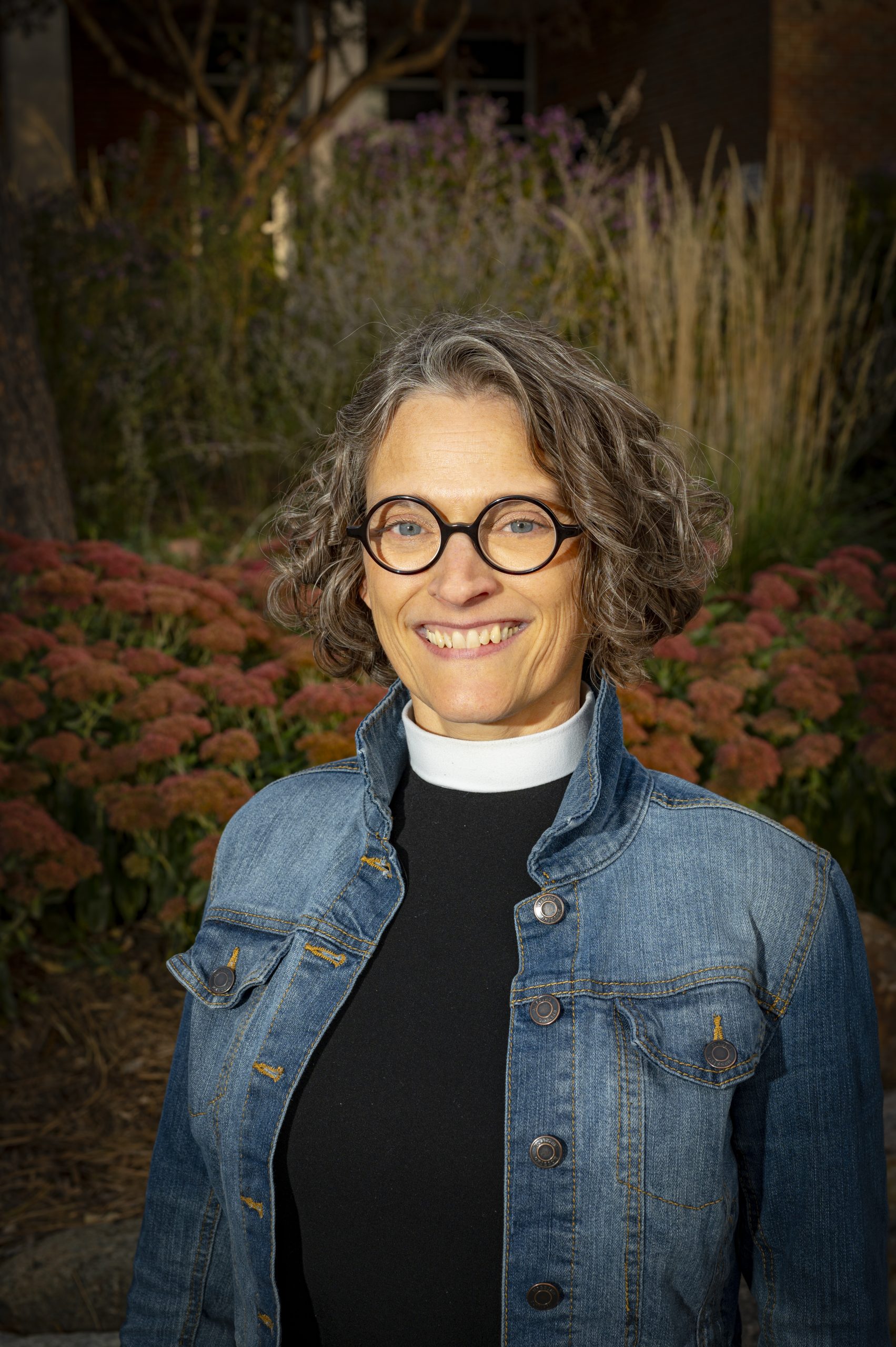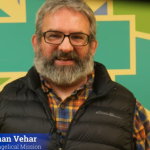
Dear South Dakota Synod,
Grace and peace to you in the name of the Triune God.
In his letter to the Romans, the Apostle Paul asks twice, “What then shall we say?”. Both times, the apostle emphasizes to his audience that no matter what, we must remember whose we are because it determines who we are and how we live. Nevertheless, humanity is inclined to seek identities outside the one who created all things. This is no more clear than in national elections, where there must emerge a winner for elected offices, laws, and ordinances that may be deeply personal or a matter of conviction. However, much is lost when our identity is absorbed in support of a candidate or cause and when we reduce others to the same.
In chapter 6, we are reminded that our true identity lies within the deep waters of baptism. “Therefore, we have been buried with him by baptism into death, so that, just as Christ was raised from the dead by the glory of the Father, so we too might walk in newness of life.” (6:4). In chapter 8 the apostle urges us to hold fast to our baptismal promises, alerting us that life will always try to pull us away from God’s all-encompassing love, but these promises endure. “For I am convinced that neither death nor life, nor angels, nor rulers, nor things present nor things to come, nor powers, nor height, nor depth, nor anything else in creation, will be able to separate us from the love of God in Christ Jesus our Lord.” (8:38-39)
What does that mean? Martin Luther, the Reformer whose works are the base not only for the Evangelical Lutheran Church in America but for the entire global Lutheran community, writes in his Large Catechism: ‘Thus a Christian Life is nothing else than a daily Baptism begun once and continuing ever after.’
This means we are called to live daily in the light of our baptism, constantly acknowledging our brokenness and claiming God’s goodness. In other words, we are people who are always aware of our baptism, always acknowledging our need for God’s grace. We find comfort and stability at the font and the altar alone. There, we are reminded that on our own, we are constantly journeying towards death, but because of who God is, we are children of the light and show up for the sake of our neighbor. And not just some neighbors, but every neighbor, whether we agree with them or not, on many different issues that make life what it is today.
Paul writes in 1 Corinthians 12.26: “If one member suffers, all suffer together with it; if one member is honored, all rejoice together with it.” I recognize that some of us are not rejoicing the day after elections, while others are. Paul writes in verse 27: “Now you are the body of Christ and individually members of it.” We all – no matter whether we are celebrating the election results or are lamenting them – stand in the same baptismal waters, drink and eat the same wine and bread for the forgiveness of sins, and receive the same undeserved grace and mercy. Our prayers all come with the same plea: “Lord, have mercy.” And end with the same “Amen”. We follow a long line of saints gone before us who have run the race and kept the faith amidst life’s ever-changing tide. Here we are, always aware of our baptism, filled with God’s promises, guided by the Holy Spirit, and sustained by sips of wine and breadcrumbs. That needs to be enough; it was enough for those gone before us and will be enough for the journey ahead. In Christ, there is no room for condemnation, arrogance, or malice of neighbor.
May the peace that passes all understanding keep our hearts and minds in Christ alone, and may the Holy Spirit give us courage and capacity to continue the work set out before us, to share the good news that death does never have the last word, but life in God and God’s love always will.
Amen!
Journeying together in Christ,
Bishop Constanze



